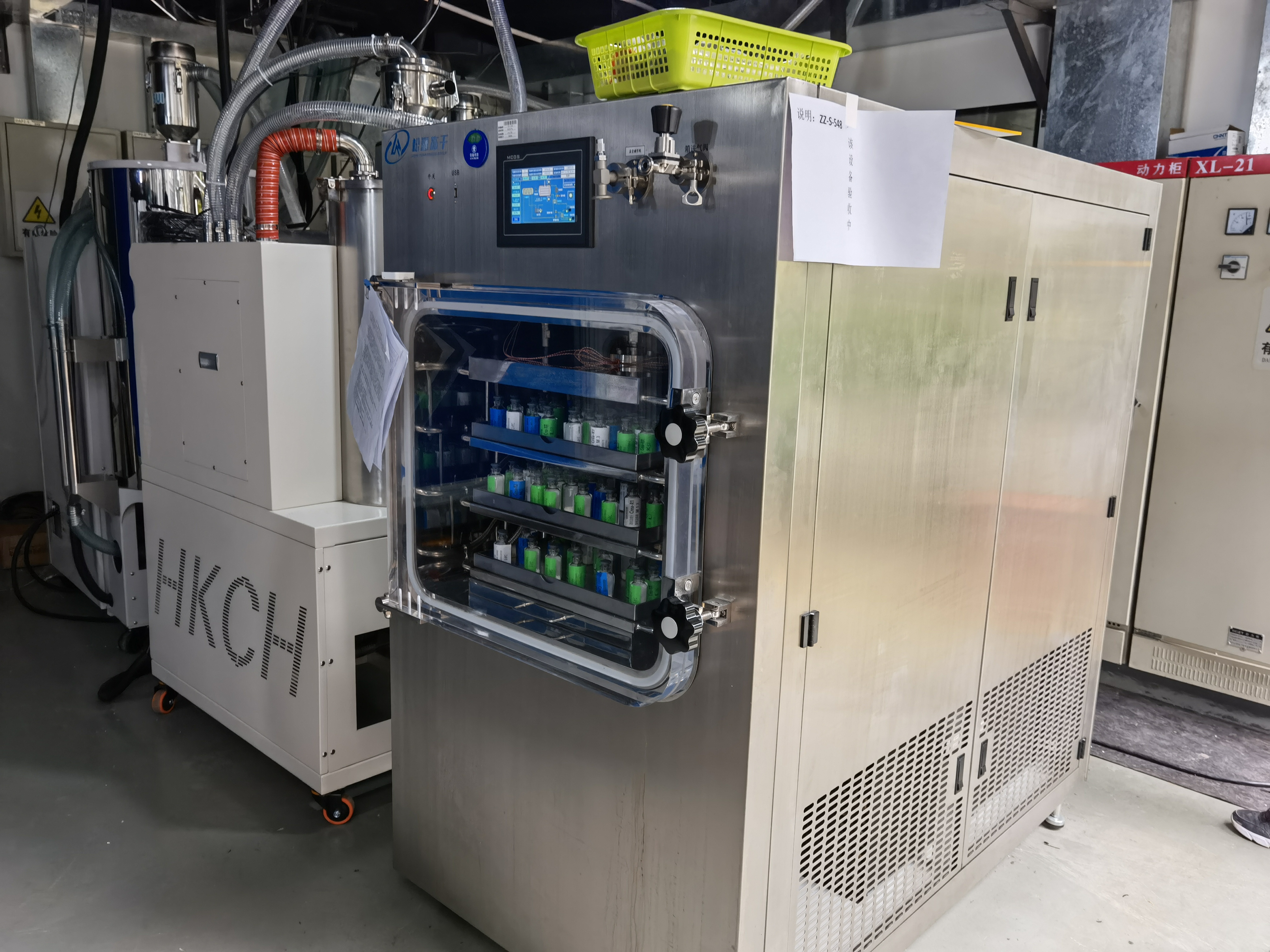In today's modern healthcare and disease diagnostics, in vitro diagnostic reagents play a vital role. These reagents, including molecular markers found in serum, urine, saliva, and other biological samples, aid physicians in disease diagnosis, monitoring patient health, and predicting disease risks. However, these reagents often face challenges during preparation and storage due to their sensitivity to temperature, humidity, and light. In this article, we delve into how freeze-drying technology is applied to the preparation of in vitro diagnostic reagents to enhance their stability and extend their shelf life.
The Uniqueness of In Vitro Diagnostic Reagents:
In vitro diagnostic reagents have specific requirements, notably high sensitivity and stability. The active ingredients in these reagents need to retain their activity during preparation and storage to ensure the accuracy and reliability of the final product. Conventional storage methods often fall short in providing adequate protection, leading to the degradation and ineffectiveness of active ingredients.
The Application of Freeze Drying in In Vitro Diagnostic Reagents:
Freeze-drying technology holds significant potential in the preparation of in vitro diagnostic reagents. First and foremost, the selection and pretreatment of reagent components are crucial to maintaining their activity during the freeze-drying process. Secondly, freeze-drying parameters need optimization to ensure optimal sample protection and drying efficiency. Finally, in terms of packaging and storage of the final product, freeze-drying offers essential recommendations to maintain the activity and stability of reagents before reaching end-users.
Advantages and Benefits of Freeze Drying:
Freeze drying of in vitro diagnostic reagents brings several advantages. Firstly, it significantly extends the shelf life of reagents. Since moisture is removed during the freeze-drying process, reagents are more stable in their dried state, allowing for longer storage. This is vital for products distributed over long distances and requiring extended storage periods. Secondly, freeze-drying can enhance the stability and activity of reagents. By avoiding molecular changes during the liquid phase, the active components of reagents are not affected by temperature fluctuations or humidity changes. This means end-users can obtain more accurate and reliable test results, whether the reagents are used in tropical or cold environments. Lastly, freeze drying helps reduce transportation and storage costs. With reagents being more stable, there is no need for specialized refrigeration conditions, resulting in significant transportation cost reductions. Additionally, freeze-dried reagents are easier to store and do not require expensive freezing equipment, offering substantial economic benefits to manufacturers and distributors.

Case Study: A Successful Case of Improving Stability in In Vitro Diagnostic Reagents:
Background:
An internationally renowned in vitro diagnostic reagent manufacturer, headquartered in the United States, faced a challenge with the stability of their reagents during long-distance international transportation. Their reagent products encompassed the detection of various biomarkers used in cancer screening, immune assays, viral infection testing, and more. These reagents were distributed to medical laboratories worldwide, necessitating transportation and storage under varying climate conditions.
Challenges:
During the transportation and storage of reagents, the manufacturer encountered the following challenges:
Solution:
To address these challenges, the manufacturer opted for freeze-drying technology to improve the stability of the reagents and extend their shelf life. Key measures taken included:
Results:
With the adoption of freeze-drying technology, the manufacturer achieved significant outcomes:
This case study underscores the successful application of freeze-drying technology in addressing real-world production and distribution challenges, providing manufacturers with more reliable in vitro diagnostic reagent products, thereby enhancing the quality and reliability of medical diagnostics.
Conclusion:
The preparation and storage of in vitro diagnostic reagents are critical tasks directly impacting the accuracy and reliability of diagnostic results. Freeze-drying technology, with its unique protective capabilities, offers an effective solution for significantly improving the stability of reagents and extending their shelf life. With ongoing technological advancements, we can anticipate the wider application of freeze-drying technology in the field of in vitro diagnostics, providing the healthcare industry with more dependable diagnostic tools.
(SONYAN Freeze Dryer)